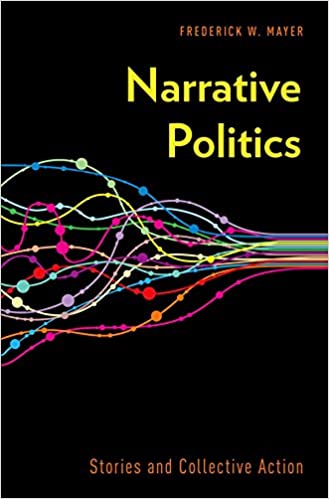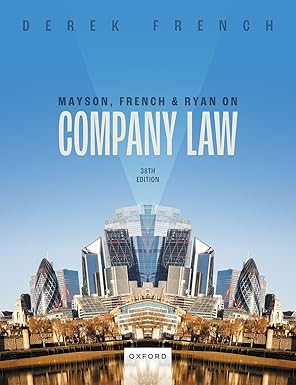Narrative Politics explores two puzzles. The first has long preoccupied social scientists: How do individuals come together to act collectively in their common interest? The second is one that has long been ignored by social scientists: Why is it that those who promote collective action so often turn to stories? Why is it that when activists call for action, candidates solicit votes, organizers seek new members, generals rally their troops, or coaches motivate their players, there is so much story-telling?
Frederick W. Mayer argues that answering these questions requires recognizing the power of story to overcome the main obstacles to collective action: to surmount the temptation to free ride, to coordinate group behavior, and to arrive at a common understanding of the collective interest. In this book, Mayer shows that humans are, if nothing else, a story-telling, story-consuming animal. We use stories to make sense of our experience and to imbue it with meaning-our self-narratives define our sense of identity and script our actions. Because we are constituted by narrative, we can be moved by the stories told to us by others. That is why leaders who call a community to action seek to frame their invocations in a story in which tragedy and triumph hang in the balance, in which taking part in the collective action becomes a moral imperative rather than a matter of calculated self-interest.
Drawing on insights from neuroscience and behavioral economics, political science and sociology, history and cultural studies, literature and narrative theory, Narrative Politics sheds light on a wide range of political phenomena from social movements to electoral politics to offer lessons for how the power of story fosters collective action.
چکیده فارسی
سیاست روایت دو پازل را بررسی میکند. اولین مورد مدتهاست که دانشمندان علوم اجتماعی را به خود مشغول کرده است: چگونه افراد گرد هم می آیند تا به طور جمعی در راستای منافع مشترک خود عمل کنند؟ دومی موردی است که مدت ها توسط دانشمندان علوم اجتماعی نادیده گرفته شده است: چرا کسانی که اقدام جمعی را ترویج می کنند اغلب به داستان روی می آورند؟ چرا وقتی فعالان خواستار اقدام میشوند، نامزدها درخواست رای میکنند، سازماندهندگان به دنبال اعضای جدید هستند، ژنرالها نیروهای خود را جمع میکنند، یا مربیان به بازیکنان خود انگیزه میدهند، داستانگویی بسیار زیاد است؟
فردریک دبلیو مایر استدلال می کند که پاسخ به این سؤالات مستلزم شناخت قدرت داستان برای غلبه بر موانع اصلی کنش جمعی است: غلبه بر وسوسه سواری آزاد، هماهنگ کردن رفتار گروهی، و رسیدن به درک مشترک از منافع جمعی. مایر در این کتاب نشان میدهد که انسانها، اگر نه، حیوانی داستانگو و داستانخوار هستند. ما از داستانها استفاده میکنیم تا تجربهمان را معنا کنیم و آن را با معنا آغشته کنیم - روایتهای خودمان حس هویت ما را تعریف میکنند و کارهایمان را مینویسند. از آنجایی که ما را روایت تشکیل میدهیم، میتوانیم با داستانهایی که دیگران برایمان تعریف میکنند تحت تأثیر قرار بگیریم. به همین دلیل است که رهبرانی که یک جامعه را به عمل فرا میخوانند، میکوشند فراخوانهای خود را در داستانی قرار دهند که در آن تراژدی و پیروزی در تعادل است، که در آن شرکت در کنش جمعی بهجای یک موضوع حسابشده منفعت شخصی، به یک امر اخلاقی تبدیل میشود.
با تکیه بر بینش هایی از علوم اعصاب و اقتصاد رفتاری، علوم سیاسی و جامعه شناسی، تاریخ و مطالعات فرهنگی، ادبیات و نظریه روایت، سیاست روایی روی طیف گسترده ای از پدیده های سیاسی از جنبش های اجتماعی گرفته تا سیاست های انتخاباتی را روشن می کند. درس هایی برای اینکه چگونه قدرت داستان اقدام جمعی را تقویت می کند.
ادامه ...
بستن ...
ISBN-13: 978-0199324460
ISBN-10: 0199324468
ادامه ...
بستن ...










